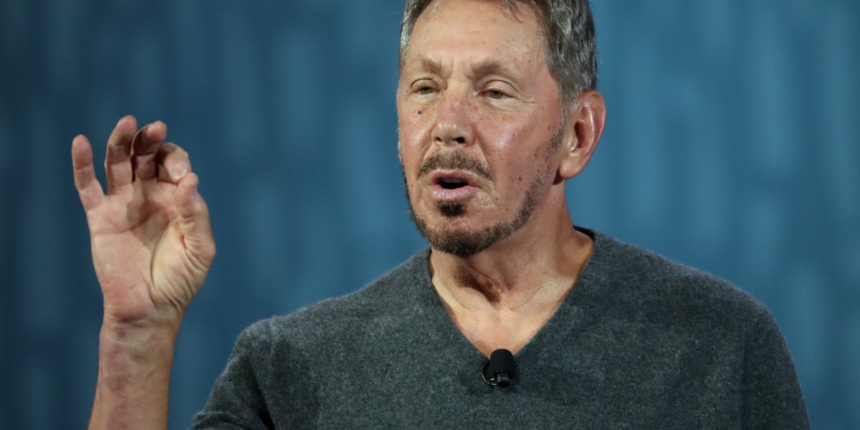Because remaining performance obligations represent contracted but not yet delivered services, they are not guaranteed revenue; customers can delay, renegotiate, or even cancel portions of these commitments.
Cue fresh alarm bells over a potential AI bubble.
Fears that the AI sector might be in a bubble have intensified recently due to a combination of sky-high valuations, early signs of disappointing returns, and cautionary remarks from industry leaders. A recent study from MIT that found 95% of AI pilot programs fail to deliver meaningful returns, despite over $40 billion having been invested in generative AI projects, fueled fears that a gap was emerging between investment hype and real-world results. Days before the report was released, OpenAI CEO Sam Altman also said that he believed the AI sector might be experiencing a bubble in the private markets, expressing concern over the level of investor enthusiasm and the overvaluation of some startups.
Gary Marcus, an AI expert who has been warning of a potential bubble and problematic economics of AI since 2023, called the OpenAI-Oracle deal “peak bubble.”
He wasn’t the only one raising alarms about the deal’s credibility.
And it wasn’t just those who doubt the underlying potential of today’s AI models that questioned the economics of the deal.
Taken together, OpenAI’s current revenue and capital commitments fall far short of what would be needed to fully fund the Oracle contract, with analysts estimating the company would need hundreds of billions in annual revenue to meet these obligations.
Representatives for OpenAI and Oracle did not immediately respond to a request for comment from Fortune.









